Recovering from natural disaster events like bushfires can be a complex and challenging journey. AMSJ spoke with Perth based Psychologist Dr. Marny Lishman about the post-disaster effects of bushfires on the victims of bushfires and first responders. We asked Dr. Marny how we can all better support those affected by bushfires.
Everyone is different, but the more common emotions initially are shock, fear, helplessness, anger, disbelief, sadness and also guilt and sometimes shame. Often relief, once it’s over, comes over people too.
During natural disasters, peoples stress responses are turned on and they are in an automatic mode for survival reasons. It takes a while to wind down from this state and process everything that has happened.
Make them aware that you are there to support them and ask them what they need. Stress reduction needs to be a priority – so whatever you can do to assist with this – that being allowing them to sleep, rest, holding space for how they are feeling emotionally, taking the load of their work or other duties, giving them an ear to listen or just space to be quiet
Again, everyone reacts differently. But general signs of traumatic stress including high anxiety, shaking, feeling jumpy, shallow breathing, stomach churning or nausea, feeling dizzy, ongoing fear, racing thoughts, unable to sleep, withdrawal from friends and family
Community consultation is a must, as it is going to be different for every town affected. A needs assessment will need to take place and hopefully, from the information gathered, the government can be informed about what is needed, and what is a priority. Every individual community needs will be different and private and public services will be different. So evaluation of what services are available and hopefully the gaps can be filled quickly by necessary funding bodies. We also live in an age now where on-line resources are also available, so make sure you reach outside of your communities if you need it.
That they really put their mental health and wellbeing as priority. The healing from effects of disasters like this, take time. The effects of the enormity of the stress they were under can take weeks, months and sometimes years to come to terms with. It takes a lot longer when we push those emotions aside and not feel them. So I would urge first responders to accept their feelings and feel them, without pushing them aside and getting on with it. Nurture yourself and what you have gone through, and talk about when you are ready.
In stressful times, people often look to blame and shame others – it just is a defence mechanism people use when they feel pain. Social media tends to exacerbate this, and what we see played out is what is going on in people’s heads without a filter or consequences. Amongst all the bickering and blaming in regards to the fires blazing across Australia, there are real people on the ground experiencing them. And even when the fires stop and peoples’ attention turns to something else going on in the world, the thousands who experienced the fires will still be living, and re-living these stories in their minds. That’s what we need to be focusing on. That’s where our energy needs to be focused. Spreading hate and blame doesn’t help anyone, but showing love and support will go so much further. The impact on the mental health and wellbeing of those in the communities affected needs to be something we all start talking about and focusing our discourse on how we can support them to rebuild their lives. What we focus our energy on grows.
I think apart from offering as much physical support on the ground, raising money as a nation to help out with all necessities now and in terms of rebuilding, offering emotional support – it’s connection. Making sure that these people that are suffering know that we are all connected as a community. People can feel this camaraderie, and knowing that they are not alone, assists in healing.
In terms of individual traumatic stress recovery, it will mean minimising media exposure (so as not to re-live trauma), accept feelings and emotions and let them out, reaching out to other people, making stress reduction a priority.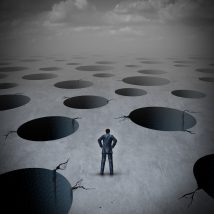
AMSJ has assembled some links to agencies and organisations that can provide help for individuals and families affected by bushfires.
Federal Government
Human Services – Bushfire Support
NSW Government
Bushfire Assistance including Disaster Welfare Assistance Points
Victorian Government
Bushfire Relief Centres
South Australia
Disaster recovery South Australia
Western Australia
Disaster Recovery Funding Agency
Queensland
Queensland Bushfire Relief
Tasmania
Bushfire Recovery Centre
Red Cross
Emergency Grants are available for up to $2,000
Affected by bushfire and ?? Feeling overwhelmed and need support or someone to talk to right now? Beyond Blue available 24/7 for 1300224636 or Lifeline on 131144. Whatever you’re going through, they’re here to face it with you.
READ RELATED CONTENT
Australian Interactive Bushfire Map on AMSJ
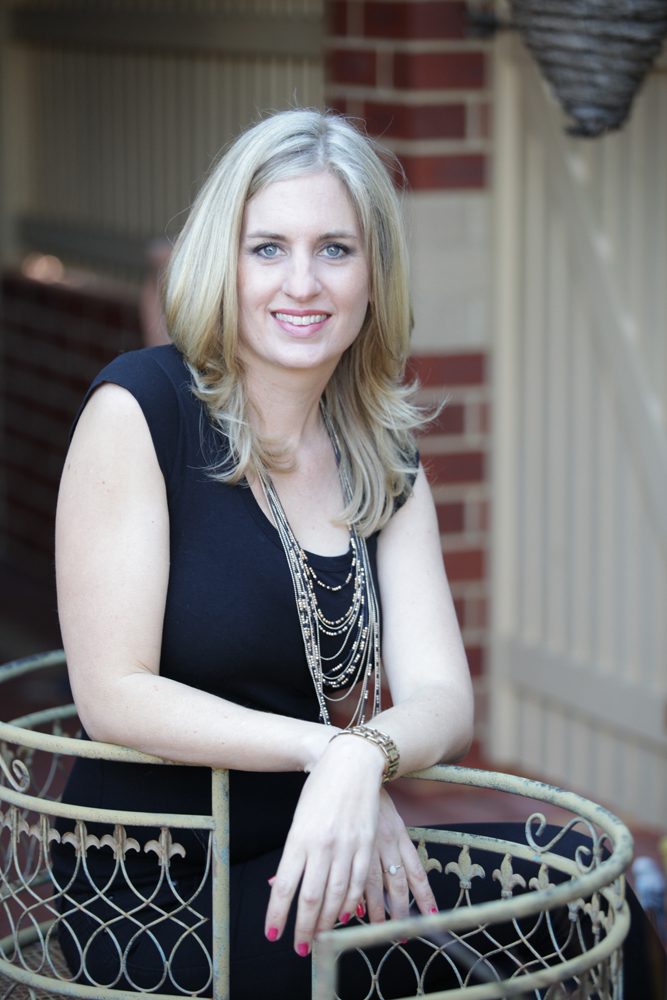
Dr. Marny Lishman
Marny is a Psychologist, Personal Coach, Author, Keynote Speaker, Columnist & Media Commentator. She works with individuals and corporate groups to promote personal and professional growth, and speaks on a wide variety of topics to promote mental health and wellbeing. Marny provides media commentary on a variety of mental health topics on local and national TV, radio and in print. She is Channel 9’s Resident Psychologist in Perth, and is a columnist for Body + Soul. You can contact Dr Marny Lishman via her website


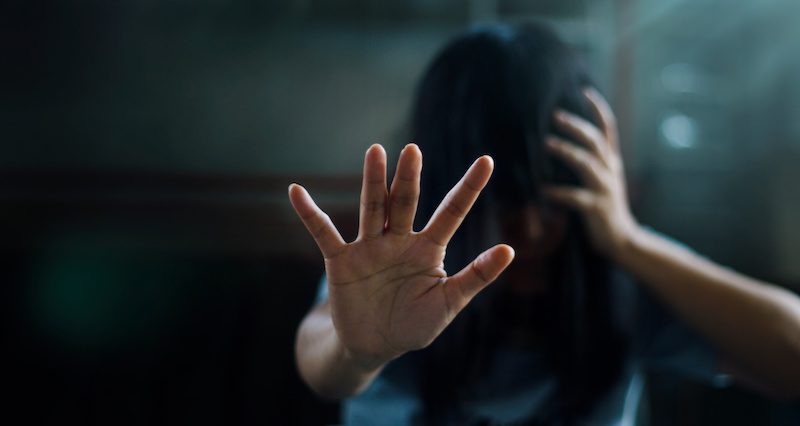
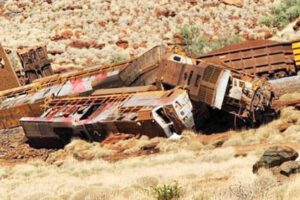
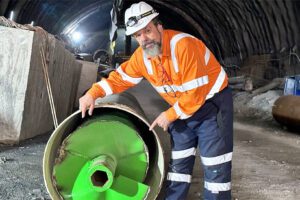
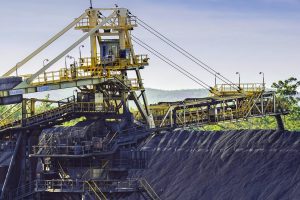








Add Comment